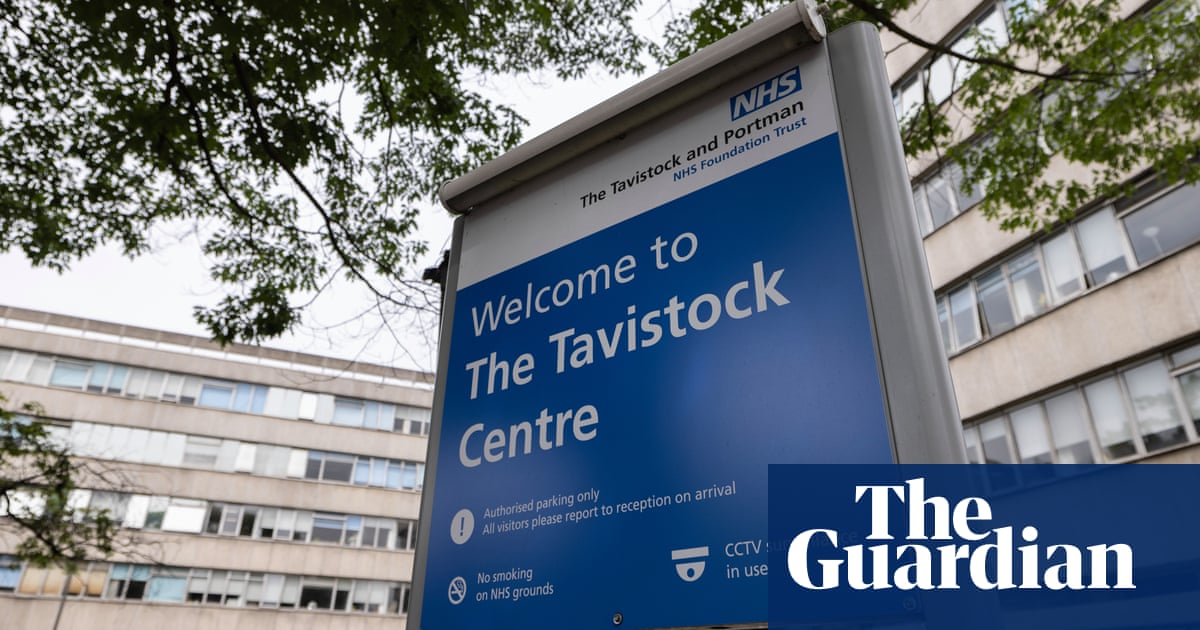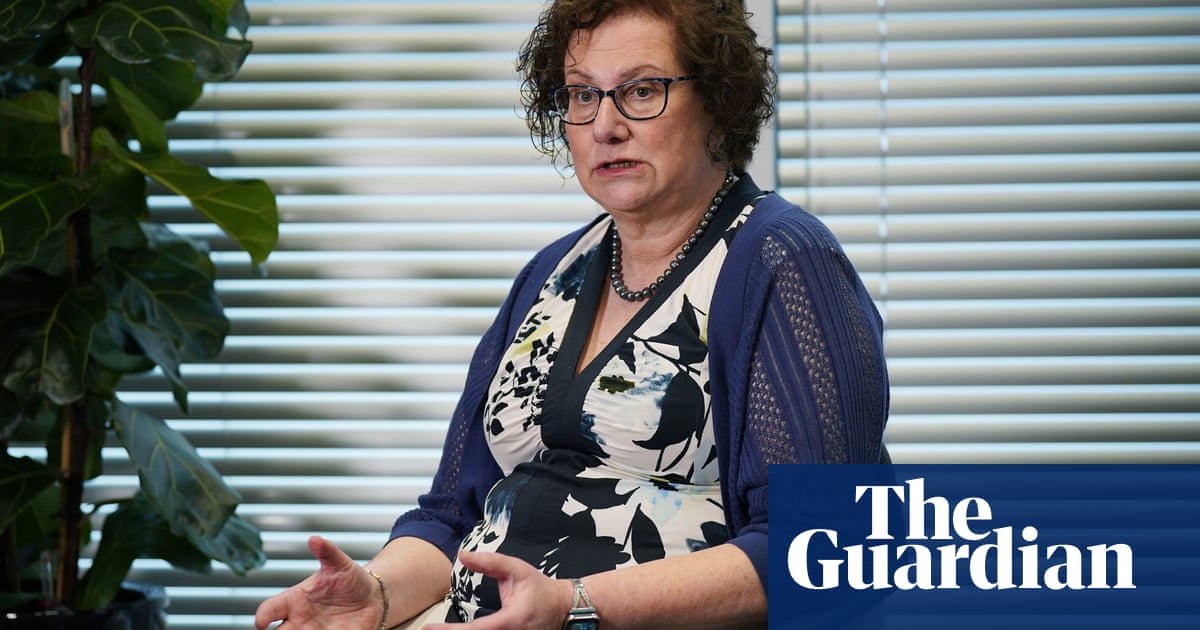
The only NHS gender identity service for children in England and Wales is under unsustainable pressure as the demand for the service outstrips capacity, a review has found.
The interim report of the Cass Review, commissioned by NHS England in 2020, recommends that a network of regional hubs be created to provide care and support to young people with gender incongruence or dysphoria, arguing their care is “everyone’s business”.
Led by the paediatrician Hilary Cass, the interim report explains that the significant rise in referrals to the Gender Identity Development Service (GIDS) at the Tavistock and Portman NHS foundation trust in London has resulted in overwhelmed staff and waiting lists of up to two years that leave young people “at considerable risk” of distress and deteriorating mental health. The number of referrals to the service went from 138 in 2010-11 to 2,383 in 2020-21.
Last spring, the Care Quality Commission demanded monthly updates on numbers on waiting lists and actions to reduce them in a highly critical report on GIDS.
Differing views and lack of open discussion about the nature of gender incongruence in childhood and adolescence – and whether transition is always the best option – means that patients can experience a “clinician lottery”, says the new review, which carried out extensive interviews with professionals and those with lived experience.
It notes that the clinical approach used by GIDS “has not been subjected to some of the usual control measures” typically applied with new treatments.
The report says there are often tensions between the expectations of the young person – who often wants rapid access to physical interventions after a long, challenging wait to be seen – and the responsibilities of the clinician.
Another significant issue raised with the review team was that of “diagnostic overshadowing”, whereby once a young person is identified as having gender-related distress, other complex needs – such as neurodiversity or a mental health problem that would normally be managed by local services – can be overlooked.
While noting that “many of the challenges and knowledge gaps that we face in the UK are echoed internationally”, the review group raises serious concerns about the lack of data collection by GIDS and more broadly, especially on outcomes for the recent increase in girls questioning their gender identity.
In a letter directly to children and young people at the beginning of the report, Cass assures readers that her belief is that “more services are needed for you, closer to where you live”. But she also cautions them that there was “still a lot we don’t know about the long-term effects” of hormone treatments.
Last September the court of appeal overturned a judgment that children under the age of 16 were unlikely to be mature enough to give informed consent to be prescribed puberty-blocking drugs.
Cass writes that the review group will spend the next few months assessing all available information on hormone treatments. “I am currently emphasising the importance of making decisions about prescribing as safe as possible. This means making sure you have all the information you need – about what we do know and what we don’t know.”
Regional hubs would bring treatment closer to those who need it, allow more clinicians from a variety of backgrounds to offer support, and develop agreement and guidance about the appropriate clinical assessment process that should take place, underpinned by better data and evidence, the reports suggests.
A spokesperson for the Tavistock and Portman NHS Foundation Trust welcomed “the focus of on increasing and broadening the care and support available for this group of patients who are currently waiting far too long and on developing the evidence base”.












